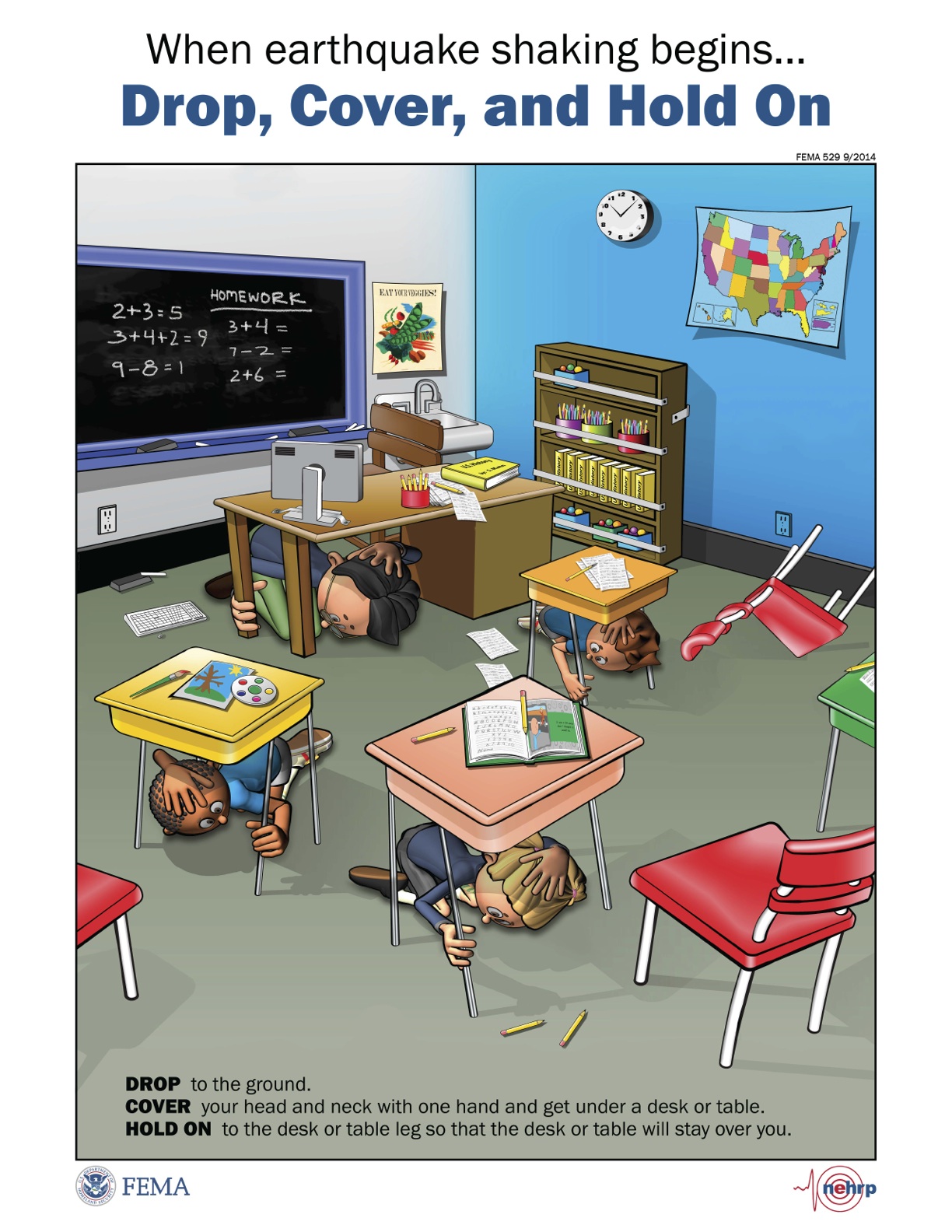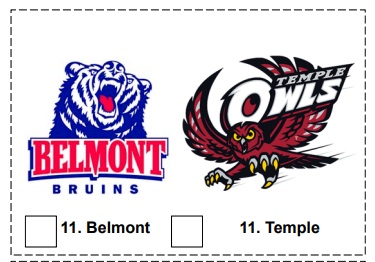As a veteran special education teacher of children of all ages, sizes, and ability levels, the one constant factor I have recognized that impacts every child’s success in school is the relationship between the classroom and the home. My message is for parents, caregivers and teachers: We all need to do better.
Why is this relationship so important? In my opinion, the answer is pretty straightforward. Consistency. All children benefit from the knowledge of what is expected of them in any situation. Let’s forget about education for a minute and think of an example of this in everyday life. How does your child behave at the dinner table at home? Does he sit through the meal? Is there a television on in the background? Have you taught him how to use utensils properly? I will be honest and expose myself as an imperfect parent. My son does not sit throughout meals from start to finish, there usually is a television on and I barely know myself how to use utensils. I bet you can imagine how he does at restaurants. He is a good boy and hangs in there for about 15 minutes. Then he prefers to leave and finish at home.
The question is, How do we get on the same page to create consistent expectations for your child and bridge that gap between home and school? The obvious answer: Communication.
Here are a few suggestions from my personal experience on how to build and maintain positive communication between teacher and parent.
To my teacher colleagues:
#1: Listen up! As a special education teacher, I try to remember that the parents I am working with are warriors for their children. They fight for them constantly in order to ensure that they are being taken care of in the best possible way. Sometimes emotions take center stage, and we as teachers can get caught in the line of fire. Guess what? That’s part of the job. Be there to listen. Don’t judge. Appreciate that you have parents who care that much about their children and are willing to speak with you. I have been yelled at, disagreed with, complained to, etc. But over time I have come to understand that there are times when parents just need to be heard. Don’t yell back or get overly defensive. Let the parents finish, and give them time to calm down. Maybe suggest that you will think about what they said and follow up tomorrow with another conversation. Most times that next conversation will go much more smoothly. Obviously this doesn’t always work so easily. But keep at it! You have no choice but to work with these parents to determine what is best for the child.
#2: Frequent and positive feedback. Keep parents aware of what is going on in the classroom — not just general things, like the day's lesson, but positive things about the child — as often as possible. Too many teachers find themselves reporting more often when a child is struggling. That feeds into the cliché of the parent dreading that phone call from school. Call after a good thing has happened, big or small. Maybe the child was a caring friend to a peer in need or learned something new. Let the parents know. This way, when you do need to report something less positive, the parents will enter the conversation with less anxiety or preconceived notions.
#3: Be honest. Parents love to hear glowing reports about their children. However, if a child is struggling in a particular subject or her behavior is becoming increasingly inappropriate, you have to relay this news with as much clarity as you did the good news. Many parents I have worked with have told stories of going through a whole semester believing everything was going well for their child, until they reach the first parent-teacher conference or receive that first report card. Why? Most likely because we as teachers want parents to be happy and think that sugar-coating things will help us build a better relationship. WRONG! We as teachers have a moral obligation to share the difficult truths. When you say a child is struggling at something, make sure you describe the behavior objectively and in detail what you have done in the classroom to try to help. Parents will usually appreciate the feedback and may be able to share ideas on how to help their child progress.
See page 2 for parent strategies.
To the parents:
#1: Teachers are on your child’s side. Please keep in mind that your child’s teacher (in the vast majority of cases) wants nothing more than to help your child succeed. The teacher doesn’t just work 8am-3pm to make that happen. Teachers pre-plan at home for hours, and each day they evaluate their performance. Keeping this in mind, and see the teacher as your partner in educating your child. The more willing you are to communicate with the teacher, the better the outcome will be for your child. There are endless studies that show students with involved parents have better social and educational success in school.
#2: Speak up! Ask questions and give us feedback as often as possible. It’s part of the job. I would rather you ask me questions as they arise. For example, feel free to tell me the homework I gave was pointless. I want to answer your questions right away so they don’t linger and become major issues. I want to hear your concerns (like my awful homework assignment) right away so I can take a look and address it immediately. Just like teachers need to be honest, so do parents. Don’t wait months until the parent-teacher conference to express these things. Good teachers know we are not perfect, and we really do rely on your feedback to be able to adjust our approach with your child.
#3: Partner up. You as parents or caregivers are always the most important and powerful force in your child’s life. Partner up with your teacher, and try your hardest to foster a positive relationship. If we work closely together and reinforce the lessons we each are imparting upon your child, those lessons will be absorbed and carry over throughout your child’s life. Let’s always work together to make sure we are giving your child a consistent structure that will help him or her succeed and be happy. We both have a better chance of doing our jobs to the best of our abilities if we help each other out.
Jesse Howard is a special education teacher in Westchester County, NY who received his Masters in Education (Childhood/Early Childhood/Students with Disabilities) from Manhattanville College. Raised in a family of special education teachers who embraced their passion to live a life devoted to the well-being of all children, his career has focused mainly on early childhood and students with disabilities. He made learning creative and experiential for his students and developed a strong connection with parents. Realizing the importance of the role of the parent as “First Teacher,” Jesse encouraged parents that time spent reading with children was a critical as well as a rewarding experience. From these experiences, plus his love of writing, grew the foundation of his philosophy surrounding the Kookabuk series.
For more information, connect with Jesse and his brother Kevin on their website, as well as Facebook, Twitter and Instagram.
Kookabuk Shares His Shovel is now available on Amazon and CreateSpace.






